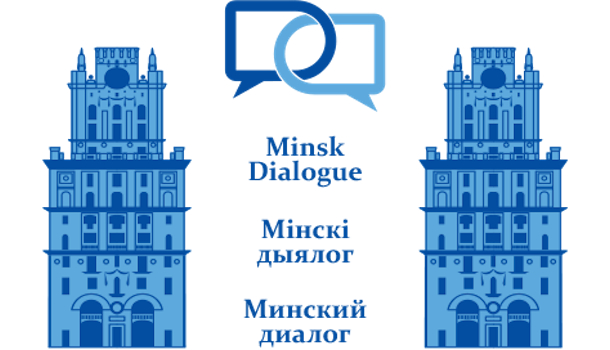Format: off-the-record research seminar based on the situational analysis methodology
Participants: academics and policy experts from the EU, Russia, Canada, Eastern Europe, and South Caucasus
Working language: English
Organisers: Minsk Dialogue Track-II Initiative, Wilfried Martens Centre for European Studies, and Konrad Adenauer Foundation
The system of international relations faces its most dramatic challenge for decades. Geopolitical turbulence has spread to more and more parts of the world. Various pillars of stability, development, security, and cooperation in the post-Cold War era are being eroded as a result of multiple new processes. Some of those processes question the internal functioning of societies and state governance, whereas others undermine bilateral and multilateral foundations of international relations.
All this has thrown the world in what looks like uncharted waters. This is, of course, not to say that we are experiencing something unprecedented in human history. Fundamental changes to systemic arrangements in international affairs are natural, and transformations of global orders are inevitable. Yet, this is an easy conclusion to be made post-factum, i.e. after new critical junctures have produced new functioning arrangements and observers no longer need to carry the burden of the uncertain and of the potentially life-threatening. It does not seem as easy and harmless as we go, though. Confronted with growing turbulence and all-encompassing uncertainties, nations, as well as numerous non-state actors in international relations, find it utterly difficult to respond to daily and strategic challenges. This is particularly aggravated by lingering doubts about the prospects of a rules-based international order in the minds of smaller states.
The EU’s Eastern neighbourhood is to a large degree an epicentre of this geopolitical drama. It is here that most tensions and controversies are concentrated and result in permanent friction and even open hostilities, like has recently been the case in Ukraine.
The Minsk Dialogue Track-II Initiative together with the Wilfred Martens Center for European Studies and the Konrad Adenauer Foundation are implementing a research project From Situational Analysis to Foresight: Deepening the Understanding of Immediate and Strategic Futures in the EU’s Eastern Neighborhood. Addressing the probable scenarios of the transformation of the global order and their implications for the region is key to this endeavour.
Agenda
|
10.00 – 10.15 |
Welcoming remarks |
|
10.15 – 10.30 |
Introductory remarks on the theme and methodology |
|
10.30 – 13.00 |
Session 1. Analysis of current trends
|
|
13.00 – 14.00 |
Lunch |
|
14.00 – 15.00 |
Session 2. Drivers and possible disruptors
|
|
15.00 |
Afternoon coffee |
|
15.00 – 16.20 |
Session 3. Identifying critical uncertainties and building the scenario matrix
|
|
16.20 – 17.50 |
Session 4. Implications of the scenarios for the EU’s Eastern neighbourhood
|
|
17.50 – 18.00 |
Concluding remarks
|


